April 2025
The global automotive air filter market is forecast to grow from USD 5,808.22 million in 2024 to USD 8,389.66 million by 2034, driven by a CAGR of 4.18% from 2025 to 2034.
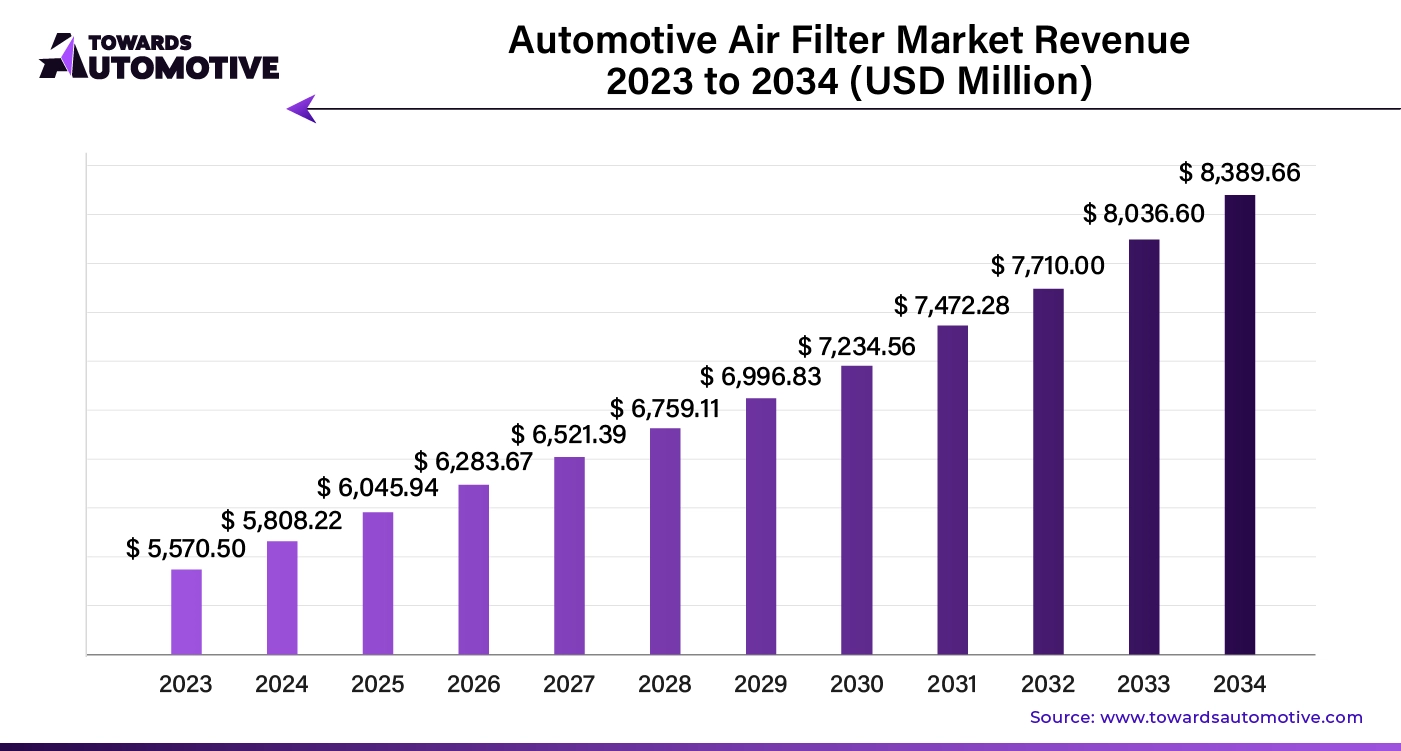
Unlock Infinite Advantages: Subscribe to Annual Membership
The Automotive Air Filters Market is a critical segment of the automotive industry, focusing on enhancing vehicle performance, fuel efficiency, and passenger health. Air filters play a vital role in maintaining engine efficiency by preventing contaminants such as dust, dirt, and debris from entering the engine and affecting its operation. As vehicle manufacturers increasingly prioritize performance and sustainability, the demand for high-quality air filters has surged. Additionally, rising environmental concerns and stricter emission regulations are driving the need for efficient filtration solutions that can reduce harmful emissions.
Technological advancements have led to the development of innovative air filter materials, such as synthetic and electrostatic filters, which offer superior filtration capabilities and longer service life compared to traditional paper filters. The growing popularity of electric and hybrid vehicles is also shaping the market, as these vehicles often require specialized air filtration systems to optimize their performance.
Moreover, the aftermarket segment is thriving as consumers become more aware of the importance of regular maintenance and replacement of air filters for optimal vehicle performance. With the ongoing trends toward cleaner air and enhanced vehicle efficiency, the Automotive Air Filters Market is poised for substantial growth, driven by innovation, regulatory compliance, and increasing consumer awareness.
AI plays a transformative role in the Automotive Air Filters Market by enhancing the efficiency and effectiveness of air filtration systems through predictive analytics, smart monitoring, and improved design processes. AI algorithms can analyze data from vehicles in real time, predicting when air filters need replacement based on usage patterns, environmental conditions, and vehicle performance. This helps in scheduling maintenance proactively, ensuring optimal engine performance and preventing potential damage.
AI-powered sensors can monitor the quality of air entering the engine and the condition of the air filters. By providing real-time feedback, these systems can adjust filtration levels as needed, improving overall efficiency and performance.
AI facilitates advanced simulations and modeling in the design of air filters, allowing manufacturers to create more efficient filtration solutions. By analyzing airflow dynamics and particle filtration, AI can help develop filters that maximize performance while minimizing restrictions on airflow.
AI can analyze market trends and consumer preferences, helping manufacturers understand the demand for specific types of air filters. This data-driven approach enables companies to tailor their products to meet customer needs more effectively.
Performance air filters are a significant driver of growth in the Automotive Air Filters Market, primarily due to their ability to enhance engine performance and fuel efficiency. Unlike standard air filters, performance air filters are designed to provide superior airflow, allowing for better combustion and improved engine response. This increased airflow leads to a more efficient burning of fuel, resulting in higher horsepower and torque, which is particularly appealing to automotive enthusiasts and those seeking enhanced vehicle performance.
As consumers become more performance-conscious, the demand for high-quality aftermarket performance air filters is rising. These filters are often constructed from advanced materials, such as cotton gauze or synthetic fibers, which offer better filtration efficiency and longevity compared to traditional paper filters. Additionally, performance air filters can often be cleaned and reused, providing a cost-effective solution for consumers.
Moreover, the growing trend towards customizations and modifications in vehicles further fuels the demand for performance air filters, as car owners look to enhance their vehicles' aesthetic and functional aspects. This trend is especially prevalent in the sports and luxury car segments, where performance is a key selling point. As a result, the performance air filters segment continues to expand, significantly contributing to the overall growth of the Automotive Air Filters Market.
The Automotive Air Filters Market faces several restraints that could hinder its growth. One of the primary challenges is the increasing shift toward electric vehicles (EVs), which do not require traditional engine air filters, reducing demand in this segment. Additionally, the rising adoption of reusable or washable air filters, while beneficial for consumers, can limit replacement cycles and overall market growth. The fluctuating costs of raw materials used in filter production, such as synthetic fibers, can also impact profitability for manufacturers. Moreover, limited awareness of proper air filter maintenance among consumers further restricts market expansion in some regions.
Nanofiber and electrostatic filters are creating significant opportunities in the Automotive Air Filters Market due to their enhanced filtration capabilities and efficiency. Nanofiber filters use ultra-fine fibers to capture microscopic particles, providing superior filtration without restricting airflow. This results in improved engine performance and longevity, as cleaner air enhances combustion efficiency and reduces wear on engine components. Similarly, electrostatic filters utilize an electrical charge to attract and trap particles, offering high filtration efficiency for both engine and cabin air filters.
These advanced filters are particularly valuable in regions with stringent emissions regulations, as they help reduce harmful pollutants by trapping finer particles that traditional filters may miss. The demand for cleaner, more efficient air filtration systems is also rising with the growing focus on vehicle interior air quality, especially in electric vehicles (EVs) that require cabin air filtration but not traditional engine filters.
Moreover, the durability and longevity of nanofiber and electrostatic filters appeal to consumers seeking cost-effective, high-performance options. Their ability to improve air quality and engine efficiency positions them as essential components in the future of automotive filtration systems, creating growth opportunities for manufacturers to meet evolving consumer and regulatory demands.
The air intake filters segment held the largest share of the market. Air intake filters play a crucial role in driving the growth of the Automotive Air Filters Market by ensuring that engines receive clean, filtered air for optimal performance. These filters are designed to prevent harmful contaminants such as dust, debris, and pollen from entering the engine, which can cause wear and reduce efficiency. By maintaining a clean airflow, air intake filters help to improve engine longevity, reduce emissions, and enhance fuel efficiency, all of which are becoming more critical as automotive regulations around the world tighten.
The demand for air intake filters is rising as vehicle owners and manufacturers prioritize engine performance and durability. Modern vehicles, especially with advanced internal combustion engines and hybrid systems, require high-quality filtration systems to maintain efficiency and meet stricter emission standards. The performance benefits provided by air intake filters, such as better combustion efficiency and prolonged engine life, make them an essential component in all types of vehicles, from passenger cars to heavy-duty trucks.
Additionally, as the automotive industry shifts towards electric and hybrid vehicles, the air intake filter market is evolving to address the specific needs of these new powertrains. Even electric vehicles (EVs) utilize cabin air filters to ensure clean air inside the vehicle, further expanding the market for air filtration products. The widespread adoption of air intake filters across different vehicle categories and their significant role in enhancing engine performance make them a driving force in the growth of the automotive air filters market.
The passenger car segment held a dominant share of the market. Passenger cars significantly drive the growth of the Automotive Air Filters Market due to their sheer volume in global vehicle production and sales. As the most common form of personal transportation, passenger cars require regular maintenance, and air filters are a critical component in ensuring vehicle efficiency and longevity. The need for clean air intake to optimize engine performance and improve fuel efficiency is particularly important for passenger cars, where consumers prioritize reliability and lower emissions. As a result, the consistent demand for air filters in this segment creates a robust market.
The growth of the passenger car segment is particularly fueled by rising urbanization and increasing disposable incomes in emerging markets. As more consumers purchase cars, the demand for automotive air filters grows alongside the expanding fleet of vehicles on the road. This trend is further supported by the global push for cleaner and more efficient engines, driven by stringent emissions regulations in regions such as Europe, North America, and parts of Asia Pacific.
Moreover, advancements in air filtration technology, such as high-efficiency particulate air (HEPA) filters and cabin air filters, have also gained popularity in passenger cars. Consumers are more aware of air quality inside vehicles, and the desire for enhanced comfort and protection against pollutants is pushing manufacturers to integrate advanced air filter systems in new models. The increased focus on health and safety, combined with a growing passenger car market, drives the continued demand for automotive air filters globally.
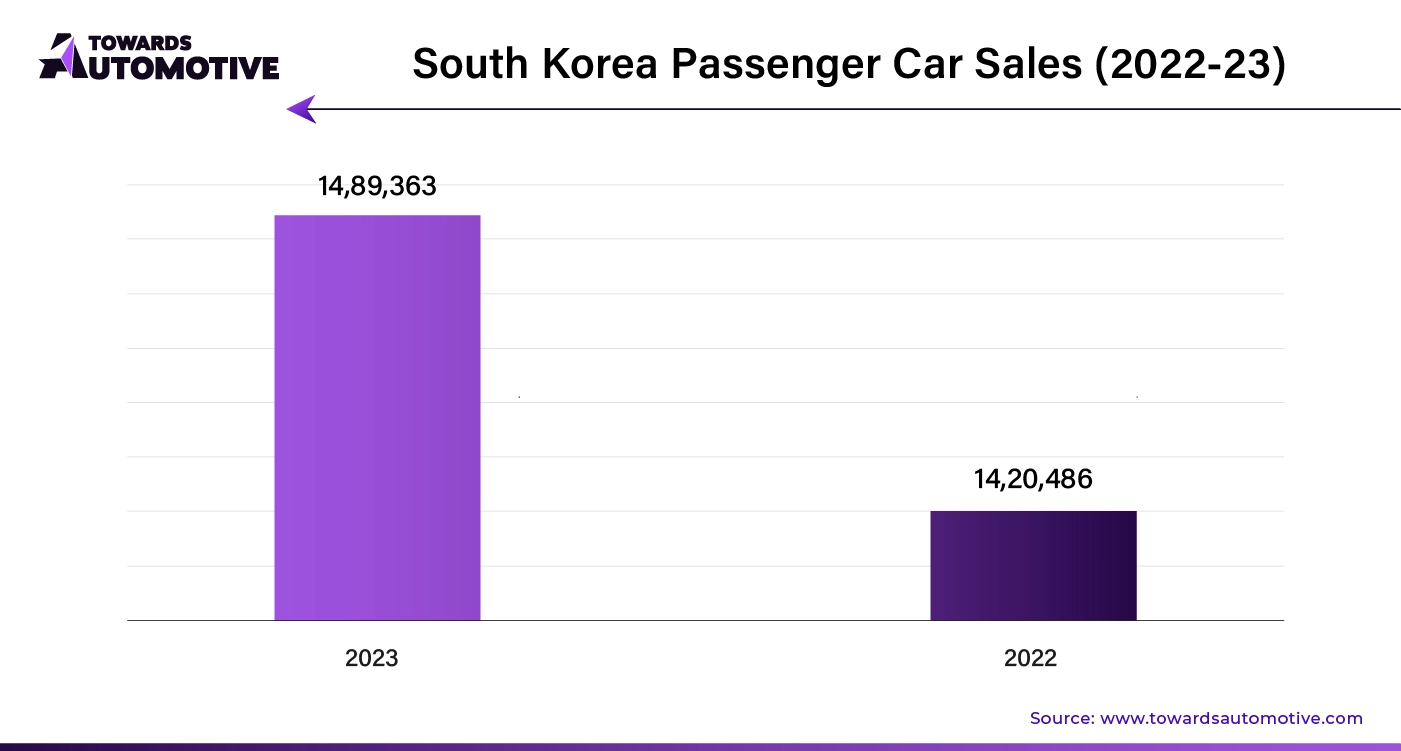
The aftermarket segment led the industry. The aftermarket sector plays a pivotal role in driving the growth of the Automotive Air Filters Market by offering replacement and upgraded air filters to consumers long after their initial vehicle purchase. As air filters in vehicles require periodic replacement to maintain optimal performance, the aftermarket provides a significant opportunity for continued sales and revenue in the industry. Whether it's air intake filters for engines or cabin air filters for passenger comfort, the demand for these products in the aftermarket ensures a steady flow of business as vehicle owners seek to maintain and enhance their vehicles’ efficiency and longevity.
One of the key factors fueling aftermarket growth is the expanding number of vehicles on the road, particularly in regions with high levels of car ownership like North America, Europe, and Asia Pacific. Many consumers prefer to service their vehicles through independent mechanics or retail outlets, leading to strong demand for aftermarket automotive components. As consumers become more aware of the importance of air filter maintenance for fuel efficiency, engine health, and air quality, they are more likely to purchase high-quality replacement filters, often opting for premium or performance-grade options.
Additionally, advancements in filter technology, such as nanofiber filters and electrostatic cabin filters, are being marketed heavily in the aftermarket, providing opportunities for enhanced sales. The aftermarket's ability to offer specialized and high-performance filters that may not come standard in all vehicles helps drive growth in the Automotive Air Filters Market.
Asia Pacific dominated the automotive air filters market. The Automotive Air Filters Market in Asia Pacific (APAC) is experiencing significant growth, fueled by the expanding automotive industry, the growing adoption of electric vehicles (EVs), and stringent government regulations on emissions. APAC countries, particularly China, India, and Japan, are witnessing a surge in vehicle production and sales. This rise in automotive demand is directly driving the need for high-quality air filters to ensure efficient engine performance and cleaner cabin environments in both passenger and commercial vehicles.
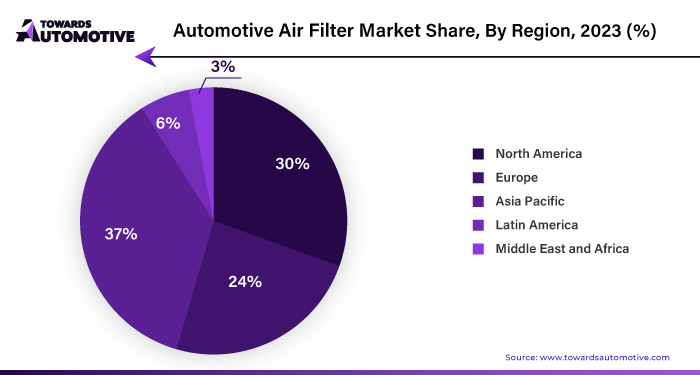
The growing adoption of EVs across APAC is also shaping the automotive air filters market. While EVs do not require traditional engine air filters, the demand for advanced cabin air filters is increasing as these vehicles prioritize passenger comfort and air quality. EV manufacturers are integrating sophisticated filtration systems to cater to rising consumer expectations for clean and safe air inside vehicles, particularly in highly polluted urban areas.
Furthermore, government regulations on emissions are playing a pivotal role in market growth. Countries in the region are implementing stricter emission standards to combat air pollution and reduce vehicular emissions. This has created a strong demand for advanced air filtration systems that can capture finer particles and help meet these regulatory requirements. These factors collectively create robust growth opportunities for both original equipment manufacturers (OEMs) and the aftermarket sector in APAC’s Automotive Air Filters Market, as companies look to develop innovative solutions to meet evolving environmental and consumer needs.
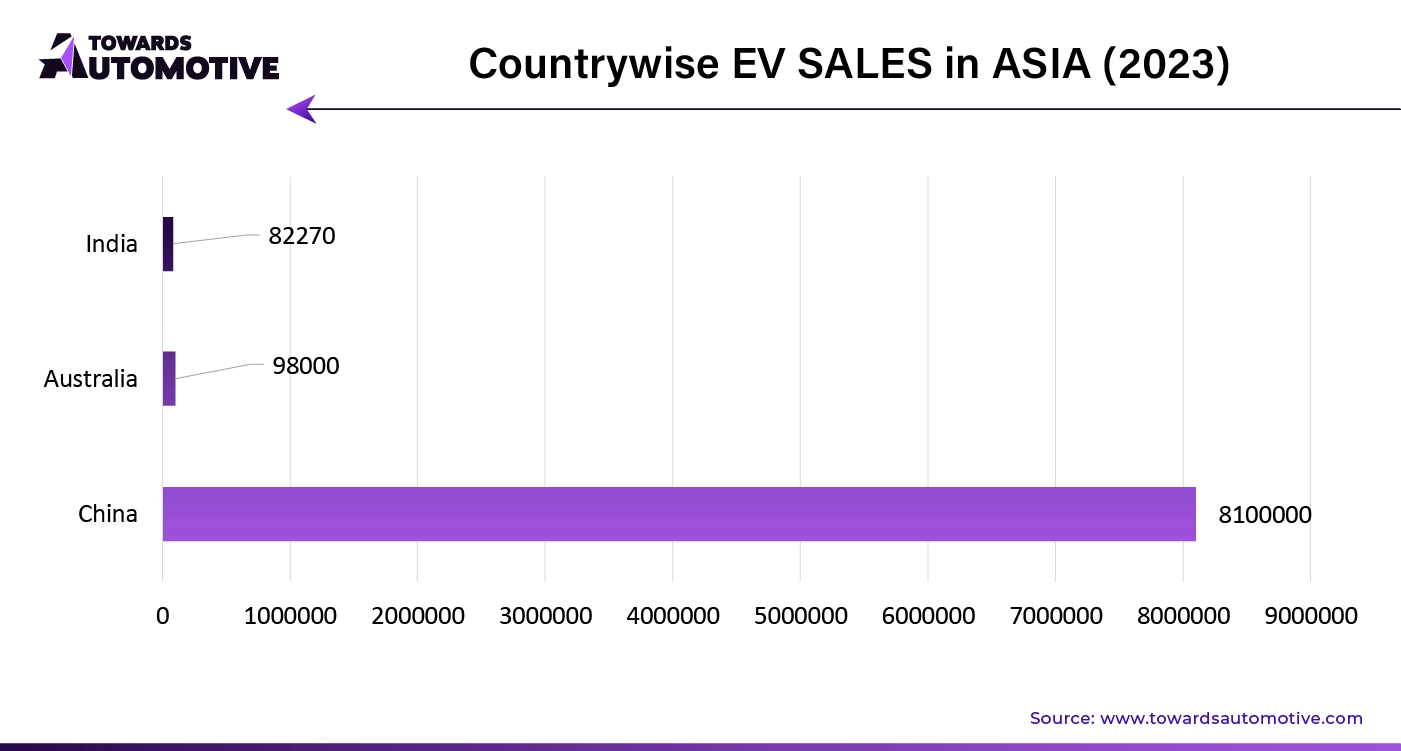
North America is expected to grow with a significant CAGR during the forecast period. The growth of the Automotive Air Filters Market in North America is significantly driven by the presence of major automotive companies, growing consumer awareness, and the increasing trend of sports cars. North America, particularly the U.S. and Canada, is home to some of the world’s largest automotive manufacturers such as General Motors, Ford, and Tesla. These companies continually invest in innovation and technology, creating a steady demand for advanced air filters to enhance both engine efficiency and cabin air quality. The strong automotive production base in the region fuels consistent demand for automotive components, including air filters.
Another crucial factor is the growing consumer awareness regarding air quality and vehicle maintenance. Consumers are becoming more conscious of the need for cleaner air in their vehicles, especially given rising concerns about pollution and allergens. This heightened awareness is driving the demand for more effective cabin air filters that can protect passengers from dust, pollen, and other pollutants, thereby ensuring a safer and more comfortable driving experience.
Additionally, the increasing trend of sports cars in North America is contributing to market growth. Sports cars often demand high-performance components, including air filters that optimize engine performance. These vehicles require superior filtration systems to maintain engine power and efficiency, especially during high-speed driving. As the popularity of sports cars grows, so does the demand for specialized air filters that meet the performance standards of these vehicles.
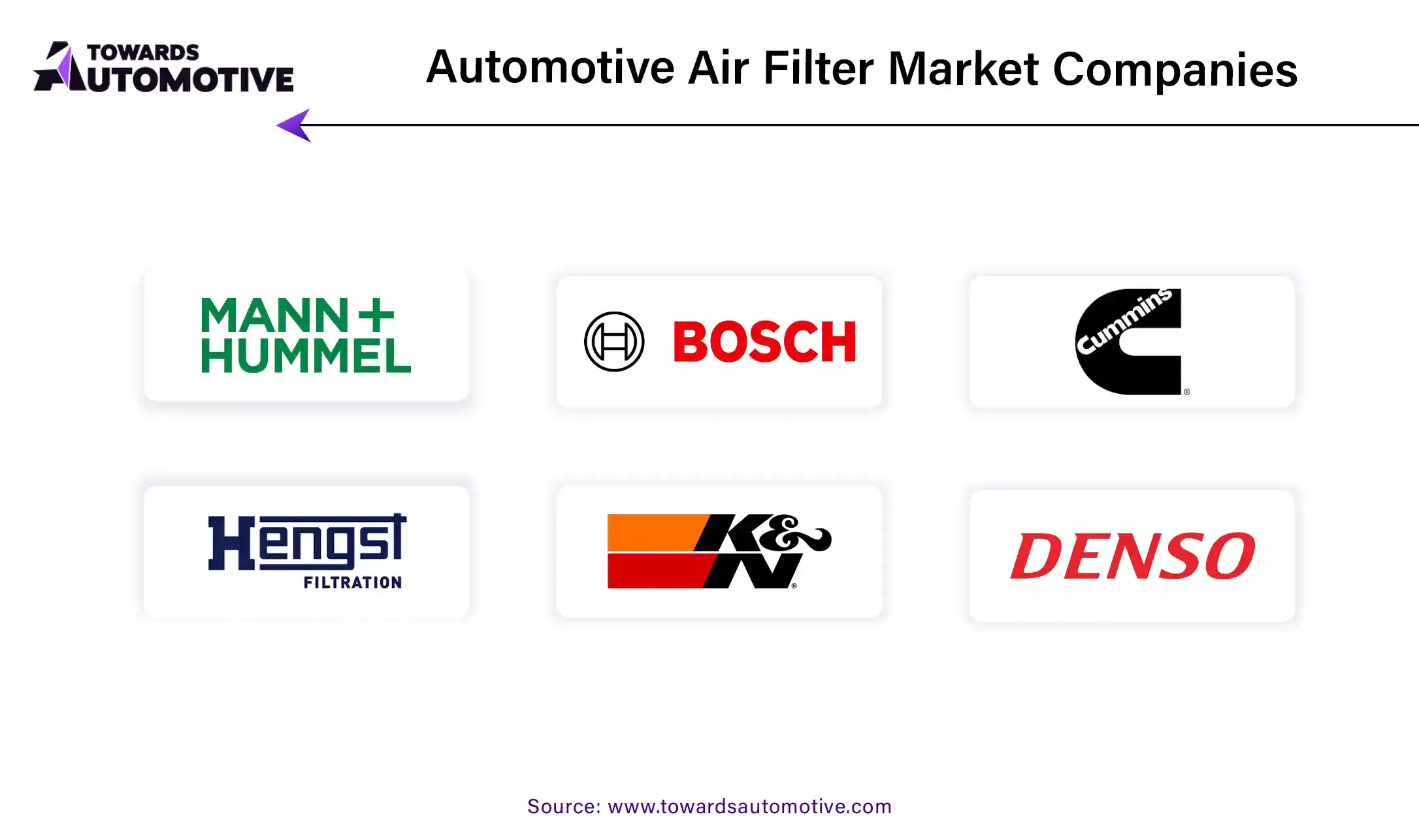
By Vehicle Type
By Product Type
By Region
April 2025
April 2025
April 2025
April 2025
We offer automotive expertise for market projections and customizable research, adaptable to diverse strategic approaches.
Contact Us